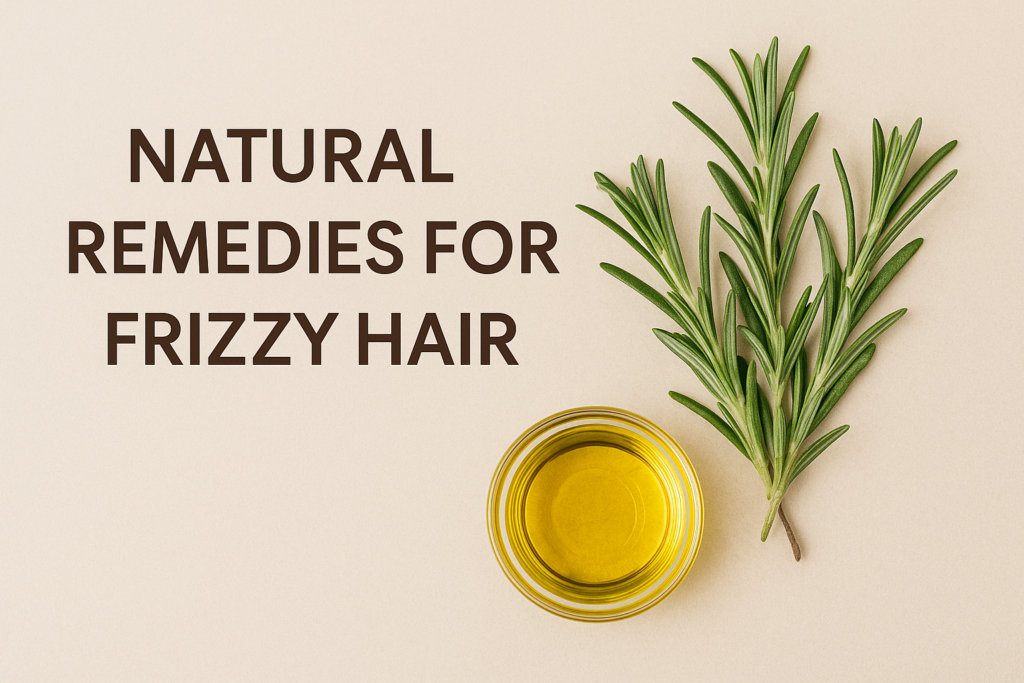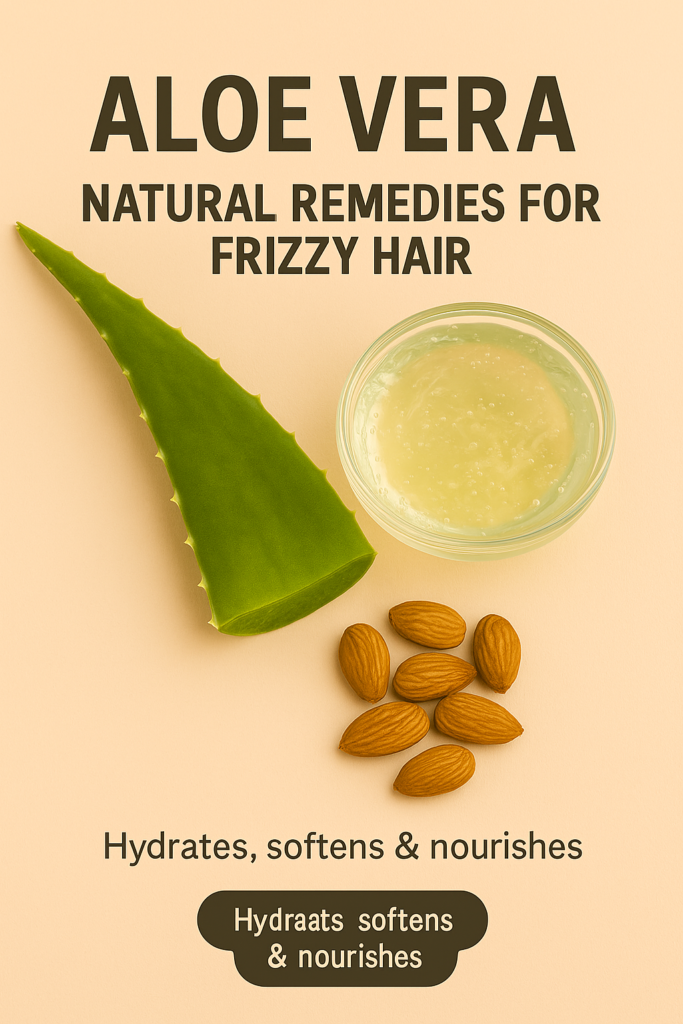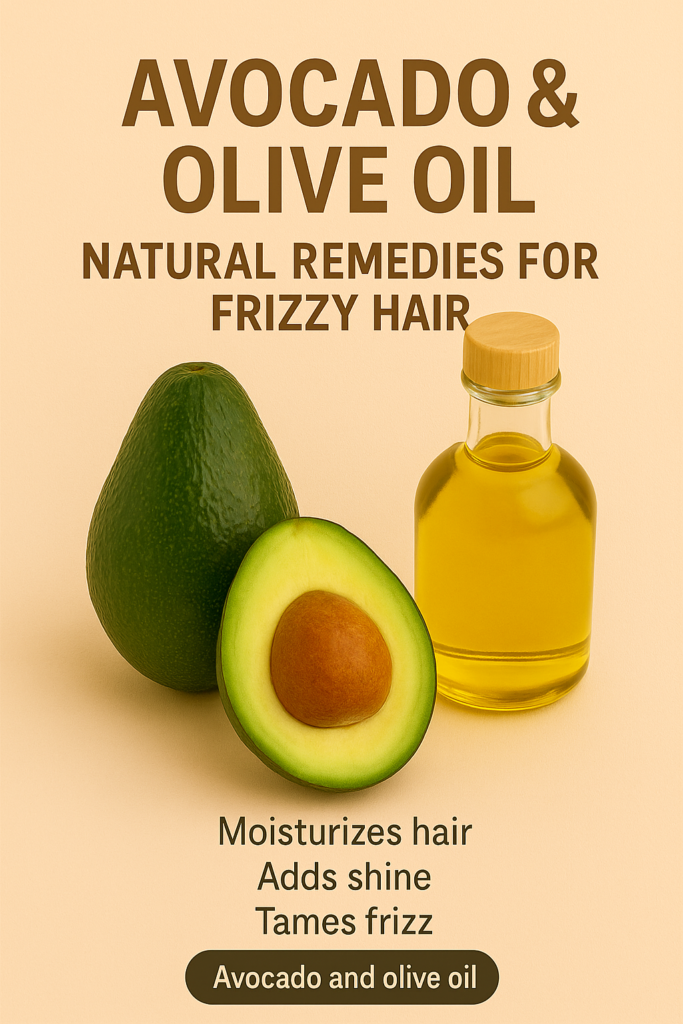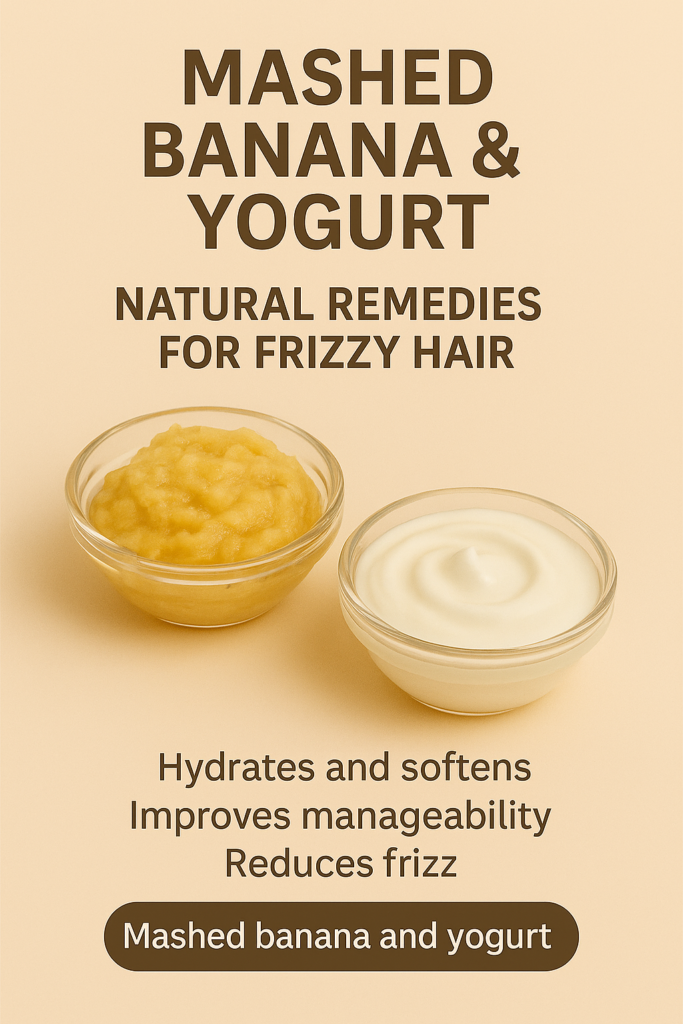
Fighting frizz feels like battling a mini hurricane… right on top of your head. One minute you’re brushing your gorgeous hair, and the next, you’re starring in your very own live-action Lion King moment.
If you’ve been frantically Googling natural remedies for frizzy hair, you’re in the right place, my friend. No complicated science experiments, no fancy potions — just simple, effective, and mother-nature-approved solutions you can start using today.
Why Does Hair Even Get Frizzy?
Before we jump into the magical world of natural remedies, let’s understand why our hair decides to betray us. Frizz often occurs when your hair’s cuticle, or outermost layer, lifts and allows moisture from the air to enter. This causes your hair to swell up like a bathed poodle.
The main culprits?
- Humidity
- Dryness
- Heat styling (yeah, your hair straightener might be your frenemy)
- Using harsh shampoos
- Forgetting to hydrate your hair

Now that we’ve blamed everything under the sun, let’s dive into the natural remedies for frizzy hair that actually work.
1. Coconut Oil: Your Hair’s BFF

If coconut oil were a person, it would be that dependable best friend who shows up with pizza and hugs when life gets rough. Coconut oil deeply penetrates the hair shaft, hydrating from within and sealing the cuticle.
How to use it:
Warm a tablespoon of coconut oil, rub it between your palms, and run it through your damp hair. Focus especially on the ends. You’ll feel like you’re on a tropical island minus the sand in awkward places.
Bonus Tip: Use it overnight as a hair mask for extra silky results.
2. Aloe Vera: The Cool Kid

When it comes to natural remedies for frizzy hair, aloe vera is the cool kid of the plant world — soothing, calming, and never causing drama. Aloe helps to lock in moisture and smooth out the rough edges (literally).
How to use it:
Squeeze out some fresh aloe gel and mix it with a few drops of almond oil. Apply it generously to your hair and scalp. Leave it on for about 30 minutes before rinsing with lukewarm water.
Warning: You might feel so refreshed that you start singing in the shower. Apologies to your neighbors in advance.
3. Apple Cider Vinegar: Smell Weird, Look Fabulous

Sure, apple cider vinegar smells like a foot at first, but don’t judge it too quickly. It works wonders by balancing your hair’s pH and flattening that rebellious cuticle layer.
How to use it:
Mix 2 tablespoons of apple cider vinegar with 1 cup of water. After shampooing, pour the mixture over your hair and let it sit for a few minutes before rinsing. The result? Sleek, manageable hair with a side of I woke up like this confidence.
4. Avocado: Not Just for Toast

Avocados aren’t just Instagrammable breakfast items. They’re packed with healthy fats and vitamins that your frizzy hair desperately needs.
How to use it:
Mash one ripe avocado and mix it with 2 tablespoons of olive oil. Slather it onto your hair like you’re marinating a chicken (yes, it will look messy), leave it for 30 minutes, and rinse. Your hair will be so soft that birds might try to nest in it. Proceed with caution outdoors.
5. Honey: Sweetness for Your Strands

Honey isn’t just for sweetening tea; it’s a natural humectant, which means it draws moisture into the hair and locks it there like Fort Knox.
How to use it:
Mix 2 tablespoons of honey with 1/4 cup of warm water. Apply it as a hair mask after shampooing. Leave it for 15–20 minutes and rinse thoroughly. No, you don’t want to walk around smelling like a candy store all day.
6. Bananas: Slip-Sliding into Smooth Hair

Bananas are not just hilarious when people slip on them — they’re serious business for frizz control too! Rich in potassium and vitamins, bananas can strengthen and moisturize your hair.
How to use it:
Mash a banana and mix it with a tablespoon of yogurt. Apply it generously to your hair, leave it on for 20–30 minutes, then wash it out. Your hair will thank you. Your bathroom sink… not so much.
Pro Tips to Keep Frizz in Check Daily
While these natural remedies for frizzy hair will help big time, adding a few daily habits can make an even bigger difference:
- Use a microfiber towel: Regular towels rough up your hair cuticle, leading to frizz.
- Sleep on a silk pillowcase: Because you’re royalty and deserve it (also, it prevents hair breakage).
- Limit heat styling: Or at least use a good heat protectant.
- Use sulfate-free shampoos: Harsh chemicals strip your hair’s natural oils.
- Deep condition weekly: Your hair deserves that spa day!
Final Thoughts: You’re Not Alone, Frizz Fighter
Frizz is that uninvited party guest that shows up at the worst times — weddings, first dates, job interviews — but with a few natural remedies for frizzy hair, you can finally show it the door.
No need for expensive salon treatments or living under a baseball cap forever. Your kitchen is literally stocked with all the magic you need! Plus, using these natural methods means fewer chemicals, less damage, and more reasons to flick your hair dramatically like you’re in a shampoo commercial. (Warning: avoid doing this near open flames if you’ve used coconut oil.)
Stay strong, stay silky, and remember — behind every great woman is a huge hair bun she conquered with a little love and a lot of avocado. 💚
Frequently Asked Questions (FAQs)
What are the best natural remedies for frizzy hair?
When it comes to taming frizz naturally, a few kitchen heroes can work wonders. Coconut oil, aloe vera gel, apple cider vinegar, avocado, and honey are all amazing. They help hydrate your hair, smooth the frizz, and give you that healthy, shiny look — without any harsh chemicals.
How often should I use natural remedies for frizzy hair?
Honestly, once or twice a week is usually enough to see a big difference. You don’t need to overdo it — just find a rhythm that works for your hair. Some treatments, like light oils, can even be used more often if your hair feels extra thirsty.
Can natural remedies completely eliminate frizz?
Natural remedies can seriously calm the frizz and make your hair much smoother, but let’s be real — things like humidity, hair type, and even how you style your hair all play a part. Think of natural remedies as your secret weapon to manage frizz beautifully, not erase it completely.
4. Are there any side effects of using natural ingredients on frizzy hair?
For the most part, natural ingredients are super gentle. But since everyone’s hair and scalp are a little different, it’s smart to do a quick patch test first — just to be safe. Some people might find coconut oil too heavy, or apple cider vinegar a bit strong if not diluted.
Which natural oil is best for frizzy hair?
Coconut oil is a classic, but argan oil and jojoba oil are also total game-changers. They soak into the hair, add moisture, and tame those flyaway without leaving your hair greasy — as long as you use just a tiny bit!
2 responses to “Natural Remedies for Frizzy Hair: Tame the Beast Naturally!”
-
Fighting frizz really does feel like a never-ending battle, but this article makes it sound almost fun! I love how it breaks down the science behind frizz in such a simple way—who knew our hair cuticles were such drama queens? The natural remedies mentioned seem so accessible, especially coconut oil and honey; it’s like my kitchen is already a hair salon waiting to happen. I’ve tried apple cider vinegar before, and while the smell is… something else, the results were surprisingly good. But I wonder, how do you decide which remedy to use first? Is it trial and error, or is there a secret method? Also, I’m curious, would combining two or more of these treatments make the results even better, or would that be overkill? Seriously, this article has me ready to raid my pantry and give frizz the boot once and for all! 💁♀️
-
Thanks for the comment 🙂 As for deciding which remedy to try first, it’s mostly a trial and error game—but a smart one. A good starting point is to think about your hair type and what it tends to need. For example:
Coconut oil is great if your hair is dry or coarse—it deeply moisturizes, but it might be a bit heavy for fine hair.
Honey works well for adding shine and locking in moisture, especially when mixed with a conditioner.
Apple cider vinegar is amazing for balancing scalp pH and smoothing the cuticle, but yes, that smell is… unforgettable. 😂 (Diluting it with water and maybe a few drops of essential oil helps!)
If you’re feeling adventurous, combining remedies can totally work—as long as you keep it simple. For instance, a coconut oil and honey mask is a well-loved combo for hydration and shine. Just avoid going overboard (like using everything all at once), because too much can weigh your hair down or even irritate your scalp.
Bottom line? Listen to your hair, start light, and give each remedy a bit of time before switching it up. And yes—your kitchen might just be your new favorite salon. Go get that frizz-free glow! ✨
-










Leave a Comment